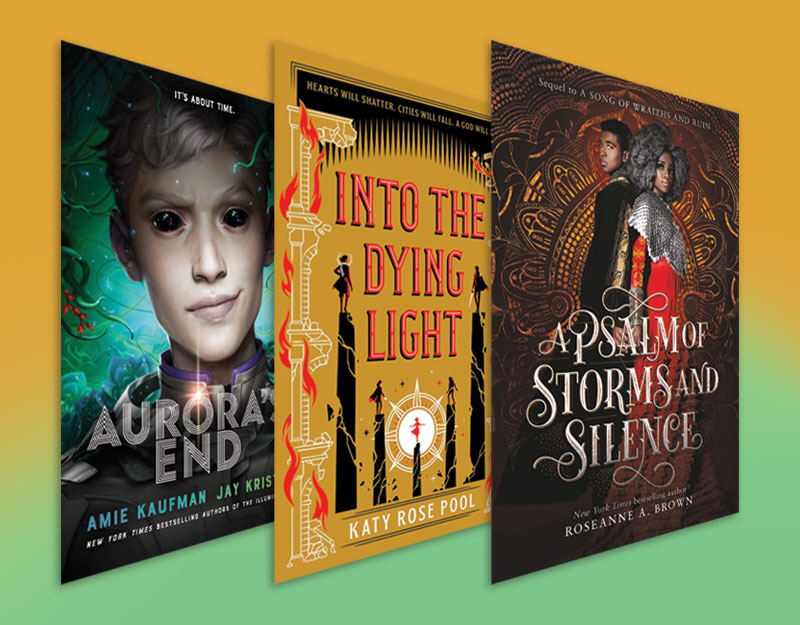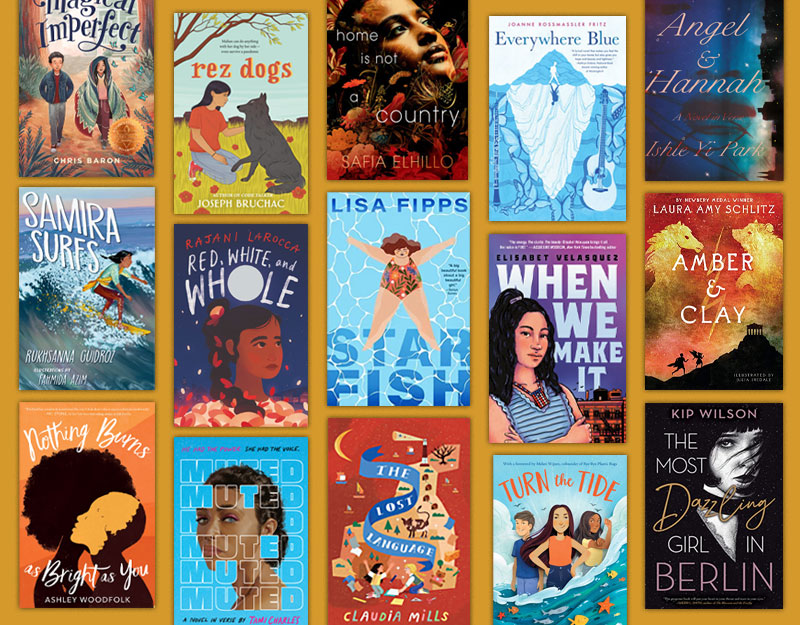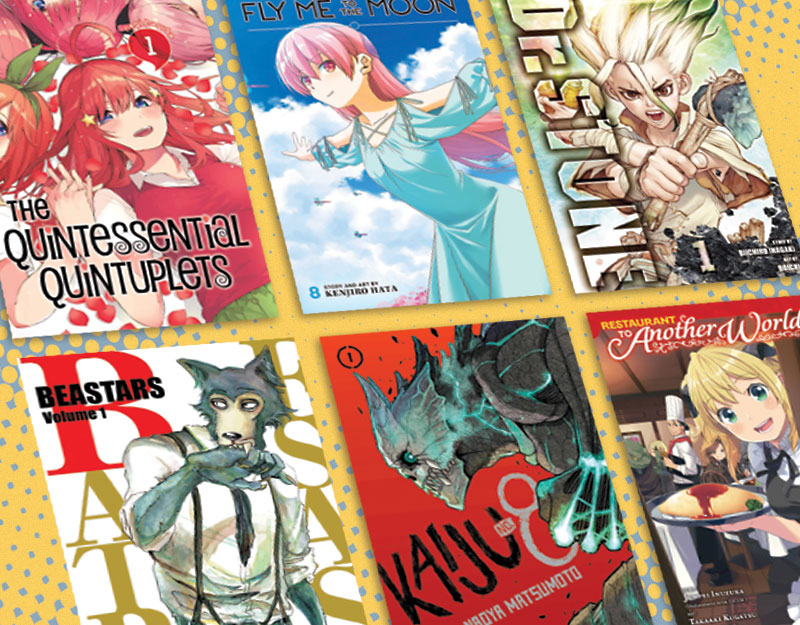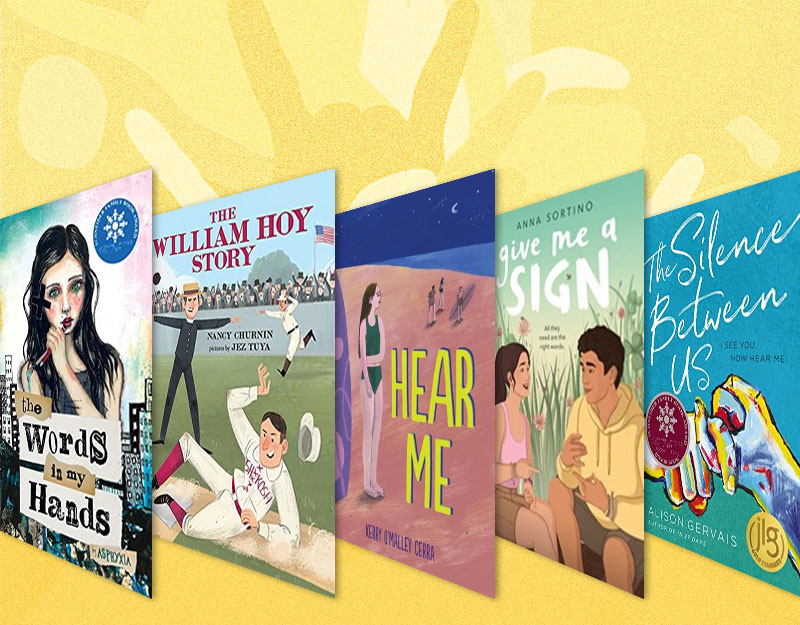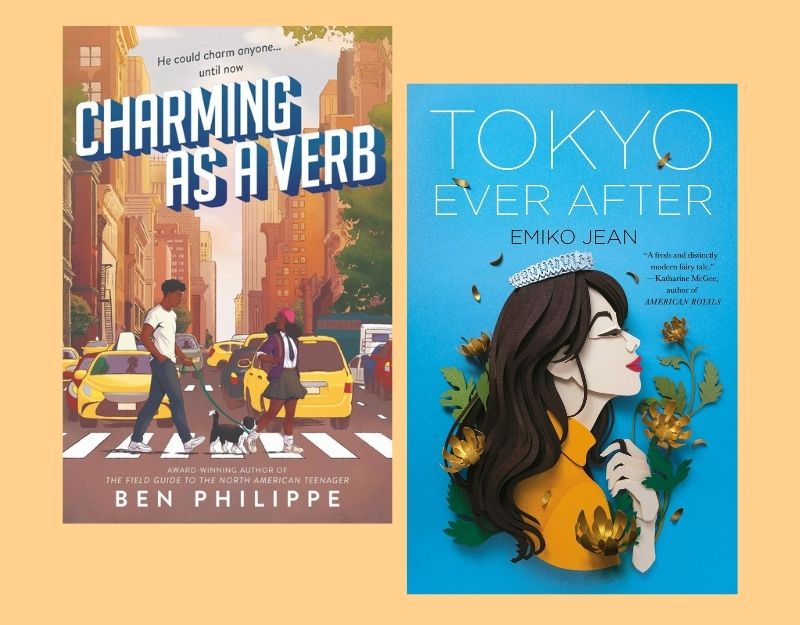Coming Home to the Library, a guest post by Yasmin Rahman

Looking back, it seems ridiculous that I, an avid book lover and organiser extraordinaire, did not realise that being a librarian was the perfect job for me. Though I did not visit libraries as a kid, I spent a lot of time there during my university days – in fact, most of my debut novel, All The Things We Never Said, was written in the solace of peaceful libraries. But I just never saw Librarianship as a possibility. And I think a lot of that came down to the fact I had never seen anyone who looked like me working in one of them. There’s the stereotype of the old white stern librarian who goes around shushing people, and sadly, that was mostly true of what I had seen. But when I found myself at a loss for what to do with my life (yes, I wanted to write books, but I also needed to pay the bills!), I applied for a bunch of jobs, including a position at a nearby public library.
I know us writers tend to exaggerate, but honestly, that first day working as a Library Assistant felt like coming home. Like finally finding that last puzzle piece that had somehow fallen upside down on the floor and blended in with the carpet. I was being paid to be around books! To talk about books! To put books on shelves! It was a surreal experience and I instantly fell in love with this (sadly part time) job.
ADVERTISEMENT
ADVERTISEMENT
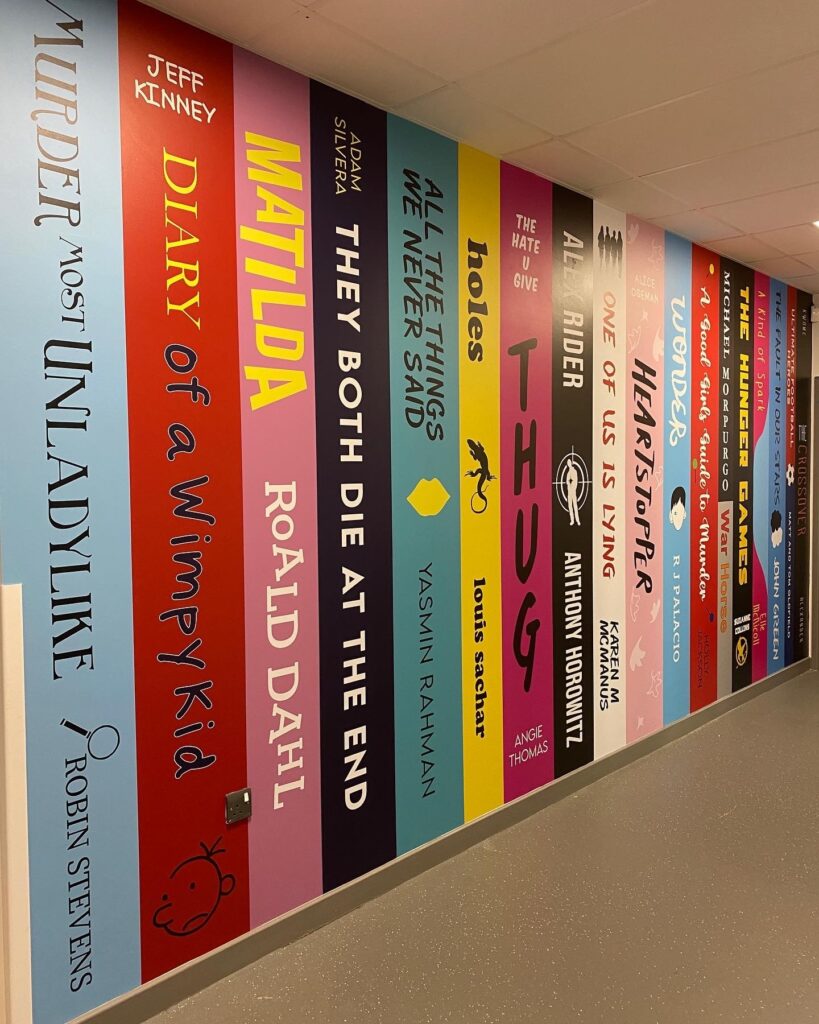
Most of our patrons were mothers with small, adorable children who ran right for the picture books, or older people who either went straight to the thrillers or romance. But one day, I found a teenager, looking mildly lost by the enquiry desk. She had come in to use the printing service, which was sadly out of order that day. ‘Can I interest you in a book instead?’ I asked conversationally. ‘Oh god, no, I hate reading!’
That line.
Ask any librarian, and they’ll tell you that that line is a CHALLENGE.
I spent some time with the young girl asking about her interests, TV shows she liked, her passions. On top of finding her the perfect book, I wanted her to be able to see herself in a book, to show her that people like her could be the heroes of novels (a lesson I sorely needed myself as a teenager). I remember yearning for that representation in books, rather than constantly being bombarded with teenage experiences that looked nothing like mine, featuring characters that looked nothing like me.
And darn it if that young girl didn’t leave with a small stack of young adult books by black authors in her hands.
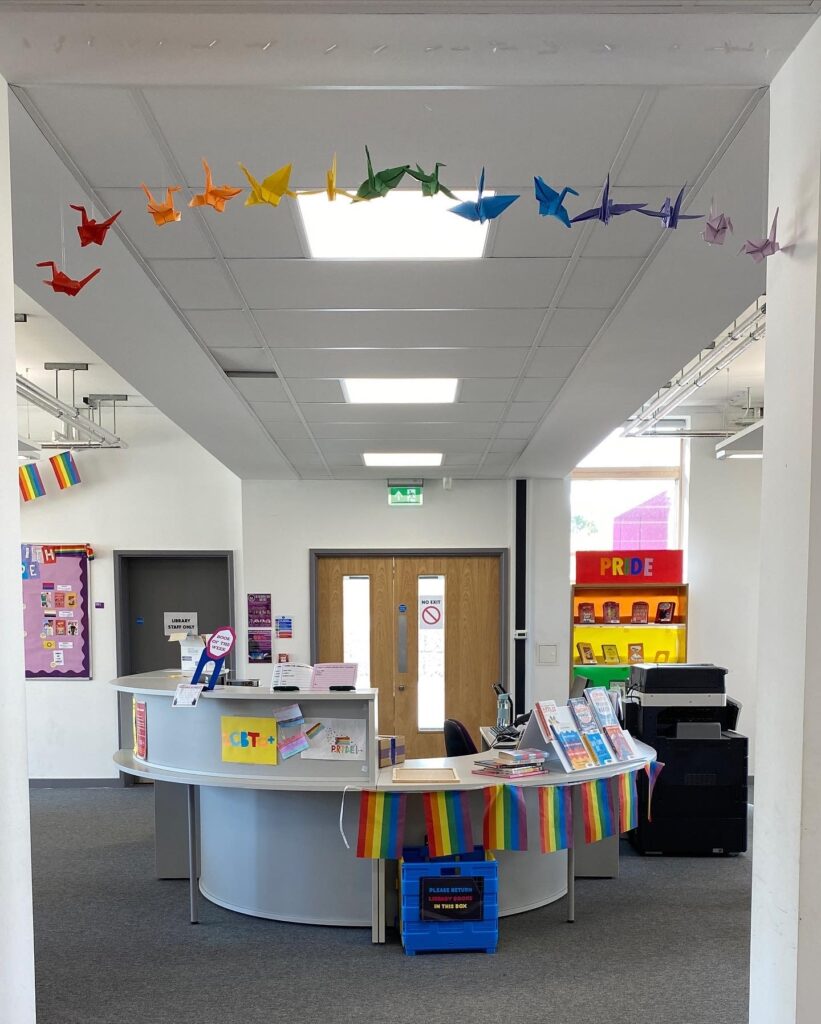
That encounter really struck a chord with me. To be able to gush about The Hate U Give to a young black girl, and see her eyes light up? And to do that as a JOB? Yes please. And that’s when again, it seems stupid looking back not to have realised that a school librarian was the perfect job for me.
The shelves in the first school library I worked at were bare – depressingly so. The school was new, so the library catalogue was composed of donations and had been running out of the sports hall for the past year. I was given a good budget to choose which books to stock (obviously, I filled up my shelves with both mine and my author friends’ books!), and the freedom to make the space what I thought would work best. It was truly a privilege. I put inclusivity at the forefront of my vision – not just in the books we stocked, but the themed displays we had, and even our décor – our rainbow flags stayed up around the year, to show that pride wasn’t confined to one month. As the months went on, the small library started to grow into a place of colourful, inventive display boards, regular bookish activities, and so much footfall that it was hard to keep things in order! Seriously, it was such a popular, busy place.
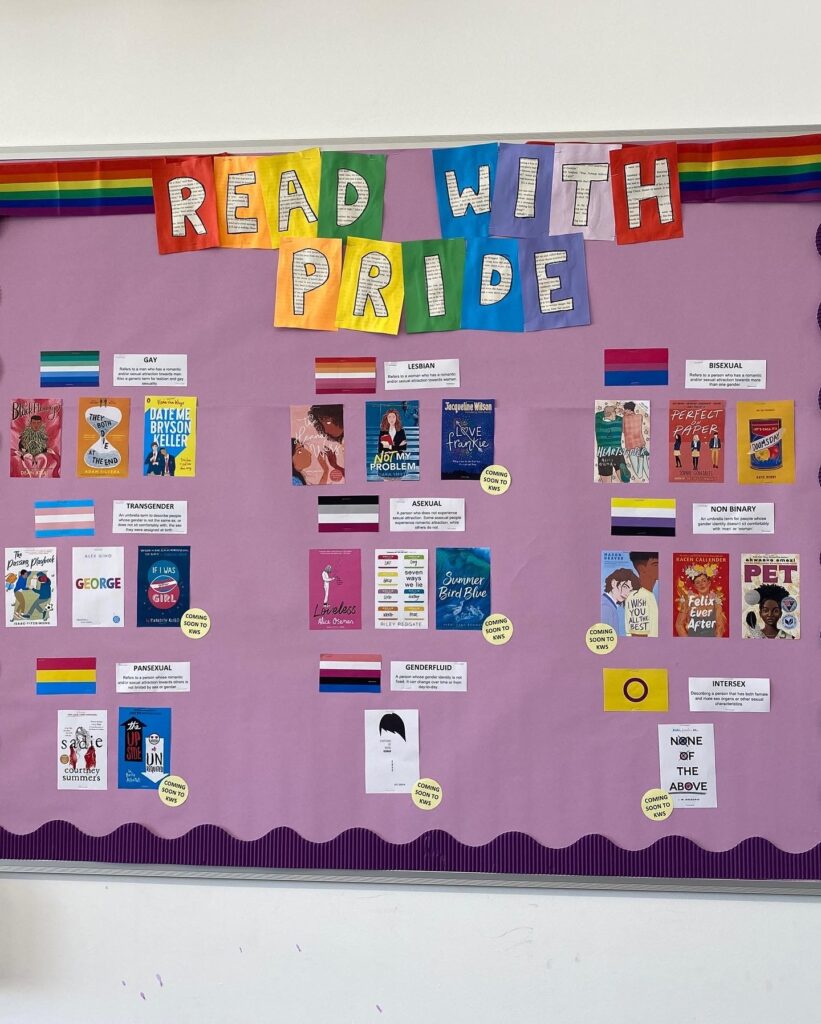
And while I loved being around books and talking to students about books, I did not enjoy having to be a disciplinarian. Though again, the true joy came in being able to talk to students about books – seeing their eyes light up when they realised another person knew and loved the same book they just devoured. I got to learn the trends of what students were reading – something I tried (and failed) to incorporate into my own writing – and order new stock based on that. Manga obviously became a popular fixture in our library, as well as all the YA murder mysteries, the Matt and Tom Oldfield football books, and so many graphic novels. Another excitement of the role was getting the students closer to authors. Being fortunate enough to have kind author friends who were very generous with their time, I started a library magazine featuring author interviews (granted mostly it was just pictures of their pets). Friends were also kind enough to donate proofs of their books for students to win months before publication, and I ran a competition for a chance to name a character in my third novel, Why is Nobody Laughing?
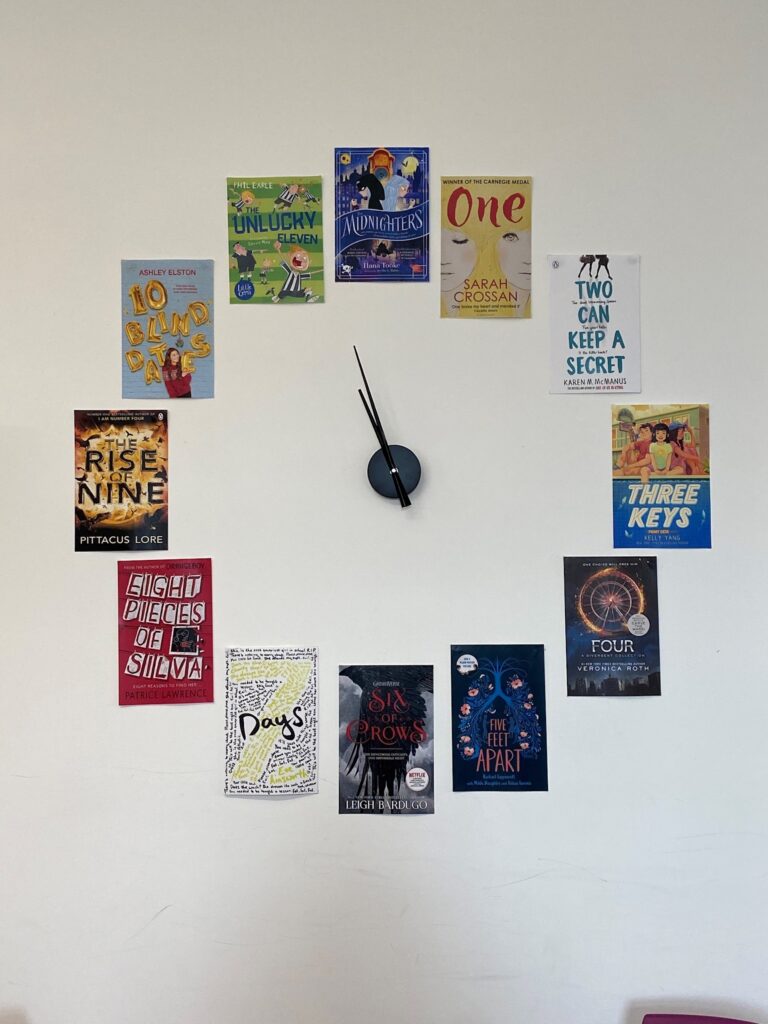
Broadly speaking, it really was the perfect job for me. I got to listen to students’ interests and find them books they might like, got to show those who claimed reading wasn’t fun, interesting, or cool, that when you find the right book (and the right book IS out there for everyone!!) that books are awesome. And of course, I got to find students books that matched their lived experiences. I’d like to say I was a good school librarian. I read a lot of middle grade and Young Adult novels, knew about BookTok, and more than anything – I was enthusiastic about it all. And therein lies the key, I think. To have someone students can go to who knows and loves it.
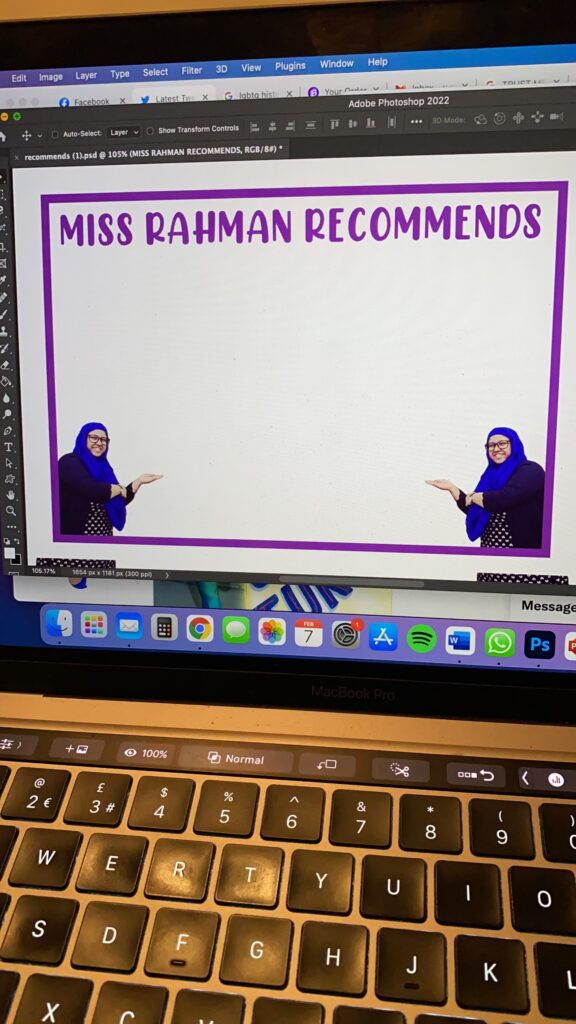
But one thing I hadn’t been able to get used to was the behaviour management. I couldn’t just be shouting about books because I had to shout at students who were throwing books around the room. My days were spent just constantly trying to get the space into what a library space should be – a hard endeavour considering the library was the only place inside to hang out during breaks. And while I LOVED coming up with display ideas, it also took up SO MUCH of my brain space. The entire job did. I was so passionate, I wanted to make it the best place that it could be for the students, and that led me to stressing myself out so much that writing (the ultimate dream job) had fallen to the backburner. I had thought working with teenagers would make the writing juices flow more, but alas, the opposite happened. Paired with my lack of behaviour management skills, I eventually had to give the job a rest.
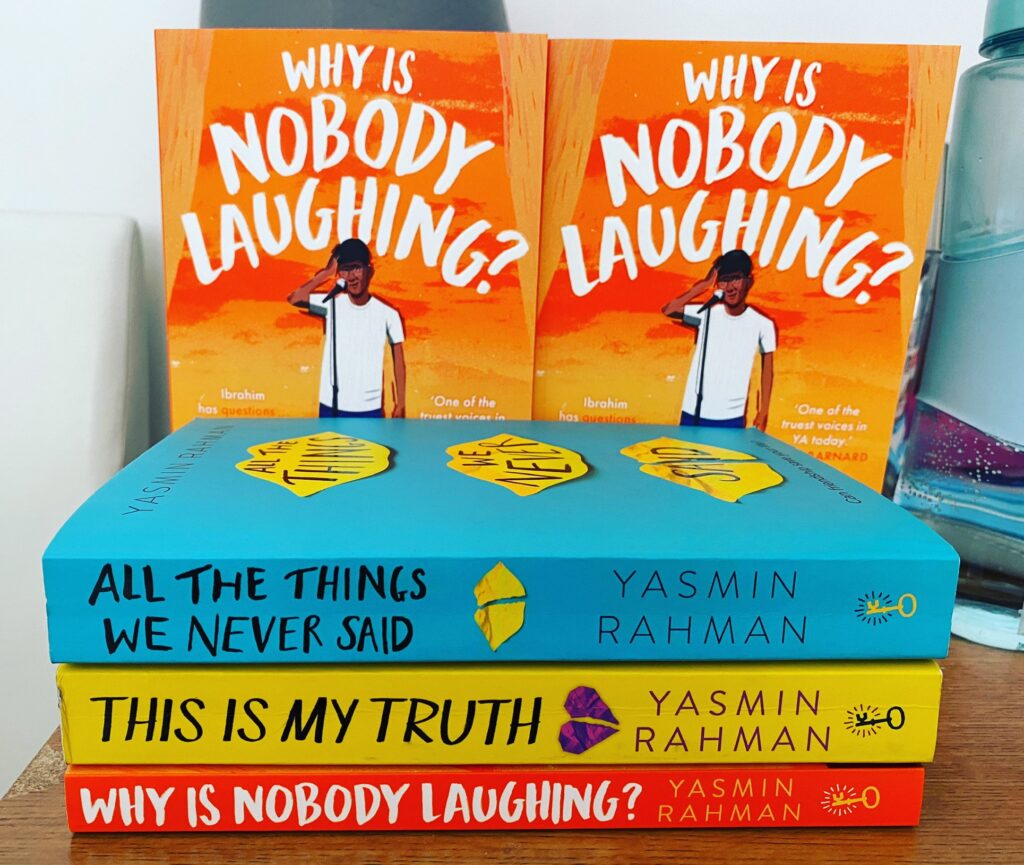
I guess the whole point of this long-winded semi-biography is that representation matters. So much more than we can conceive. If I’d seen a Muslim librarian on a TV show, or in a book, would my entry to the dream job have happened earlier? (Considering how hard I squealed seeing a hijabi doctor on Grey’s Anatomy, my guess is yes!). So many opportunities seemed closed off to me when I was younger, simply because there didn’t seem to be anyone else like me doing those things. There’s only so many times you can see your identity shown as a bad stereotype in media before you start to believe it yourself. And that’s why incidental representation is the place I think we need to be focusing on. Representation that doesn’t exist for a reason. Most of the time if you find a Muslim protagonist, the story is ABOUT being Muslim, and usually about struggling with their faith (which is a rant for another article!). But I think what will pave the way forward is having Muslim protagonists where the plot is nothing to do with religion, or faith. Muslim kids can have adventures too! They can solve mysteries, ride dragons, they can even save the world! While there are absolutely nuances to writing a character of colour, it is in no way a barrier.
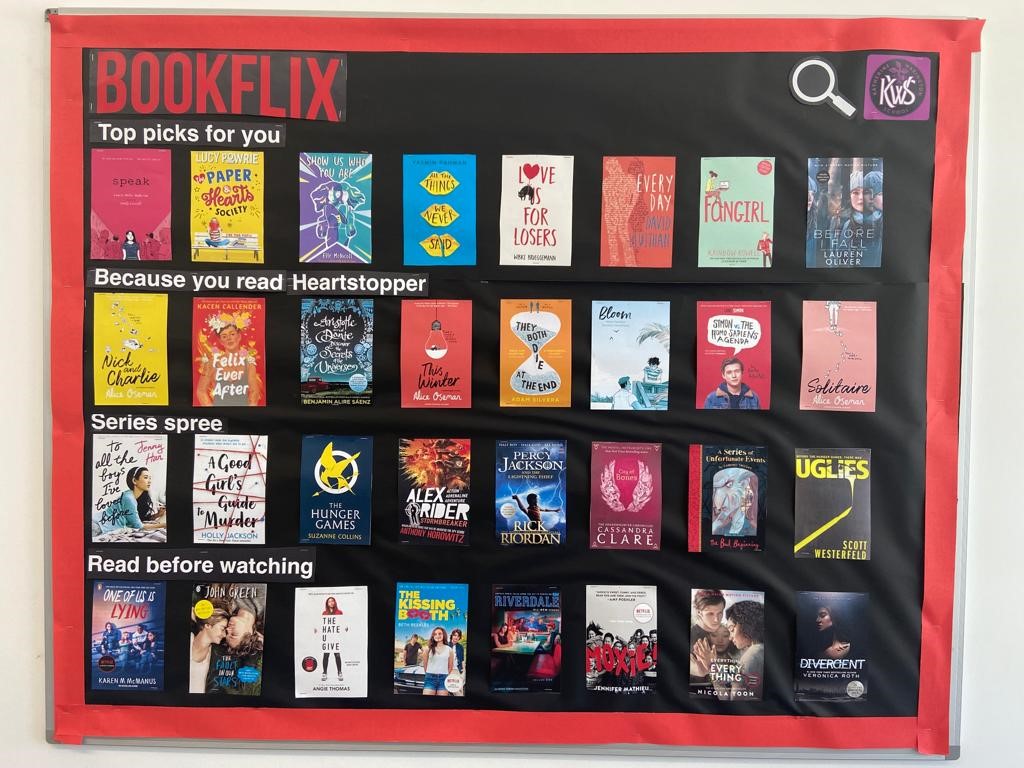
ADVERTISEMENT
ADVERTISEMENT
So for any writers out there, write a Muslim librarian into your next book. For any educators out there, use characters of colour in your examples, make sure any images used reflect the diversity of the world. Don’t just wait for a talk ABOUT diversity to show diversity. As a hijabi who gets EXTREMELY excited when there’s just a background character in a book illustration wearing a headscarf, I can tell you that these small things really do make a big difference.
Meet the author
Yasmin Rahman is a British Muslim born and raised in Hertfordshire. She has MAs in Creative Writing and Writing for Young People. Her debut novel, All the Things We Never Said, was nominated for the Carnegie Medal, and was the runner-up YA book in the inaugural Diversity Book Awards. Yasmin also works as a librarian at a secondary school, where she spends her days making funky displays and trying to shove her friends’ books into students’ hands.
Links
X/Twitter: https://twitter.com/yasminwithane
Instagram: https://www.instagram.com/yasminwithane/
About All the Things We Never Said
Sixteen-year-old Mehreen is overwhelmed by her anxiety and depression, and she doesn’t believe anyone in her life will understand if she tries to talk about it. She’s been thinking about suicide for a while when she discovers a website called MementoMori.com. The site matches people with partners and assigns them a date on which to end their lives, together. Mehreen is partnered with Cara and Olivia, strangers dealing with their own struggles.
But as the girls get to know one another in preparation for their “date of termination” they find themselves developing a strong bond—even becoming friends. For the first time, they’re each able to share their darkest secrets with people who won’t judge them. They realize that, with the right support systems, life is worth living after all. So they decide to abandon the suicide pact.
Except the website won’t let them stop.
As their assigned “date of termination” draws nearer and MementoMori continues to manipulate them, the girls will have to rely on one another to survive.
If you or a loved one is experiencing suicidal thoughts, call or text 988 to reach the Suicide and Crisis Lifeline for free, confidential 24/7 support.
ISBN-13: 9781728467108
Publisher: Lerner Publishing Group
Publication date: 10/03/2023
Age Range: 13+
Filed under: Guest Post
About Amanda MacGregor
Amanda MacGregor works in an elementary library, loves dogs, and can be found on Twitter @CiteSomething.
ADVERTISEMENT
ADVERTISEMENT
SLJ Blog Network
Name That LEGO Book Cover! (#53)
Review of the Day: Being Home by Traci Sorell, ill. Michaela Goade
Exclusive: Vol. 2 of The Weirn Books Is Coming in October | News
Fighting Public School Book Bans with the Civil Rights Act
ADVERTISEMENT



